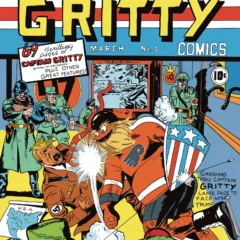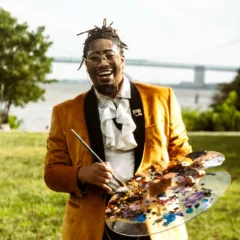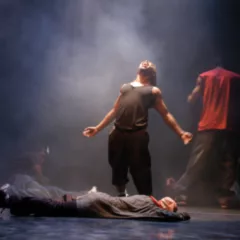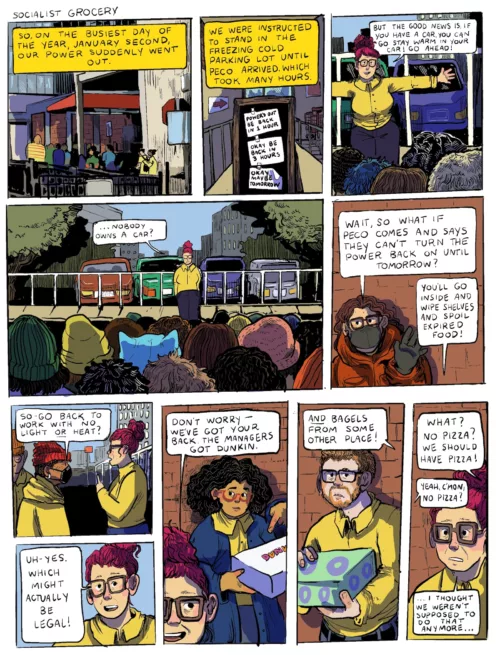[Donald reviews a locally produced hip-hip musical calling attention to the systematic incarceration of young black men. — the Artblog editors]
Our justice system throughout time has left us with very questionable verdicts, such as the recent rulings on the killings of Trayvon Martin, Michael Brown, and Eric Garner. A brand-new musical called “The Last Jimmy” offers an outcry to this blatant inequality, which occurs all over America, every day. The musical’s objective is to transform the thinking and self-perception of young-African American men and women in the inner city within the context of hip-hop culture.
“I’m not guilty–I’m just black”
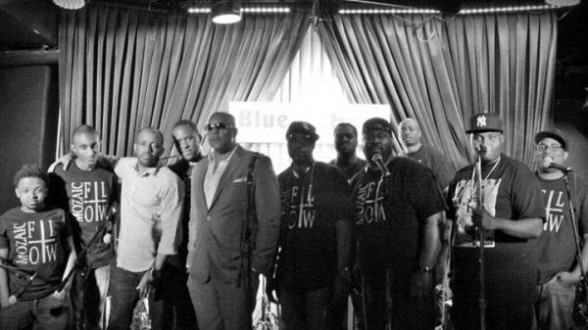
A collaboration of Philadelphia-born creative artists, The Last Jimmy’s creators include: Dice Raw from the Legendary Roots Crew (who portrays the titular character); award-winning choreographer Rennie Harris; acclaimed director Ozzie Jones; and Phillip Brown, Disney/BET writer and The Shipley School’s theater director.
The musical explores mass incarceration and outlines the ills of the criminal justice system and prison-industrial complex through hip-hop song and dance. The cast and crew performed workshop versions of the show to sold-out audiences at the Kimmel Center in 2013 and the Freedom Theater in 2014. I attended the show at the Prince Music Theater on Friday, March 20, which was a night plagued by wet snow. As a result, there were only about 30 attendees in the audience out of theater’s 450 seats. It’s fair to assume that this combination was due to bad weather and insufficient publicity.
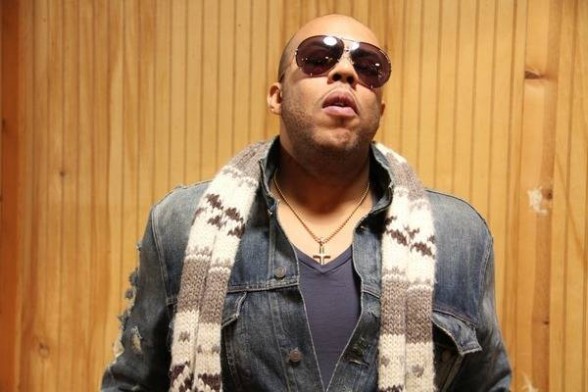
The musical drew its inspiration from one of Dice Raw’s boyhood friends, who is serving the final stretch of a long sentence at the state penitentiary for armed robbery. Even though Raw’s friend was in the wrong place at the wrong time, there is ample evidence that the justice system is fueled suspiciously by the incarceration of those least able to successfully defend themselves.
The musical opens with Jimmy behind bars, in chains, as he asserts, “I’m not guilty–I’m just black.” It’s a biting but true statement that haunts our country; there is a perception that black people’s minds are corrupt and being evil is part of their job description. The entire musical is set in a courtroom, co-starring the intensely bigoted prosecutor (Tobi Gadison), Jimmy’s undyingly supportive defense attorney (Phillip Sean Brown), and the judge (Brian Anthony Wilson).
A call for change
As a fan of a wide variety of musical genres, including hip-hop, I felt that the genre’s brashness reflects the way that Jimmy would communicate if he were a real person. The lyrics in the songs have no hint of bragging (money, girls, drugs, etc.), but instead speak from the heart of a man from the streets who often finds himself in predicaments just by association alone.
What’s most jarring is that because this is an all-black cast, we see the pure abhorrence that the prosecutor displays for Jimmy. Seeing black-on-black hatred, in a way, shows us that hate knows no colors. Hate is hate, and there’s no way around that fact. However, seeing a black prosecutor so proudly throwing his weight around with such detestation toward Jimmy (and toward all black people) really resonated with me.
Through it all, we see a glimmer of hope in the end of the musical for Jimmy. It’s the kind of result that we hope will be granted for many others whose character traits are determined by their race.
I experienced this piece as an embodiment of the viewpoint of black people through the eyes and lens of the old, white, male-dominated justice system. The performance ran for two acts for a duration of nearly two hours, but I think it makes sense to get rid of the intermission and let the entire piece flow into one segment. This show is very much-needed in these times, as we must find the freedom within our souls to forgive those who have misjudged and wronged us as a collective people. A change is still coming.


